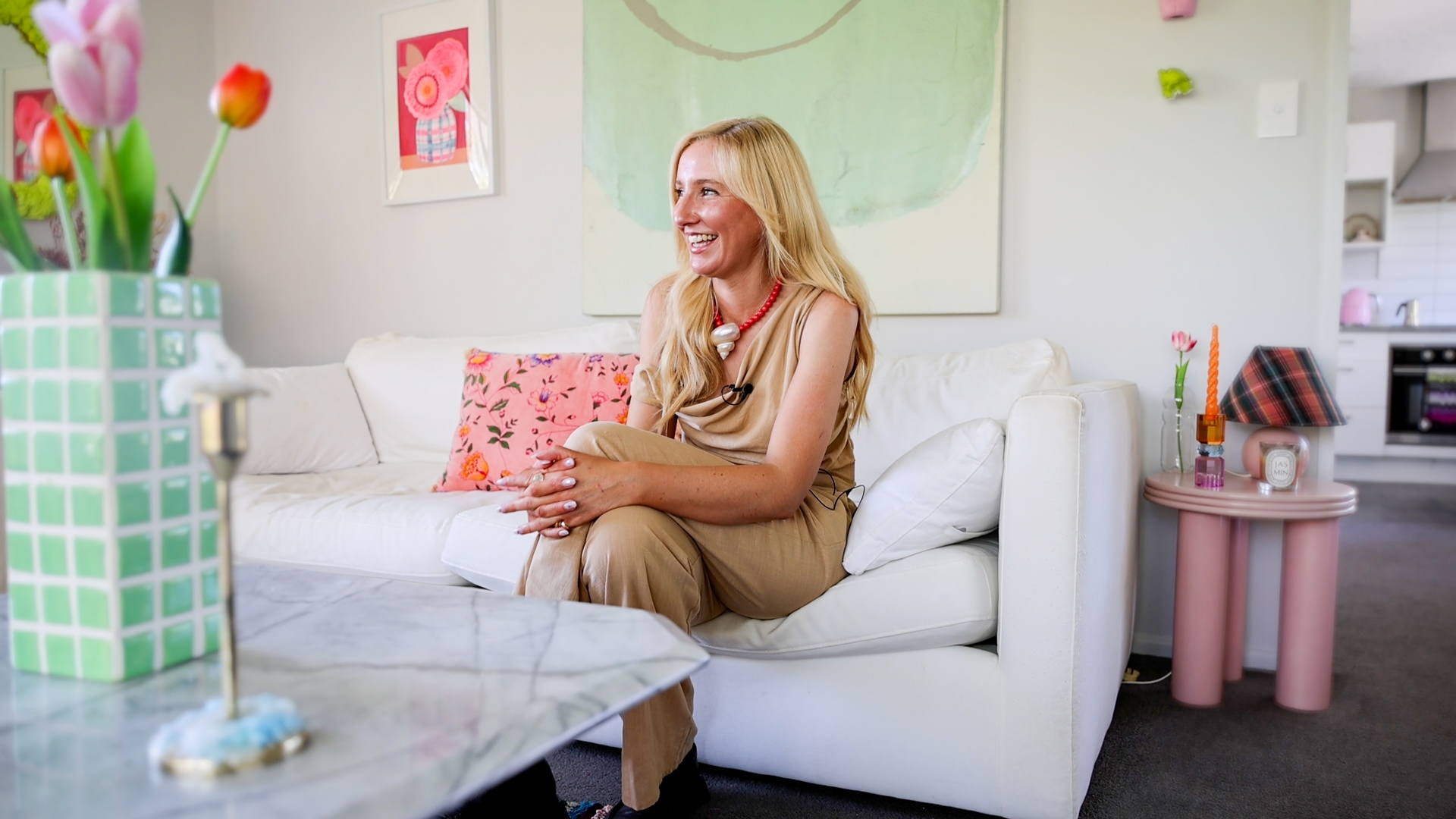Buying guide
Finding your property team – the three people you need
There’s no need to go it alone!

1. A mortgage adviser or mortgage broker
2. A solicitor/lawyer
3. A builder or inspector
4. A reputable developer (if building)
Financial Disclaimer
Author
Search
Other articles you might like





